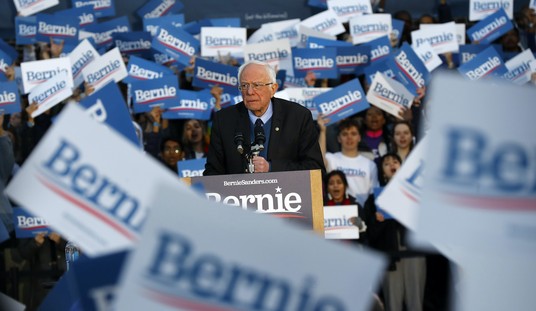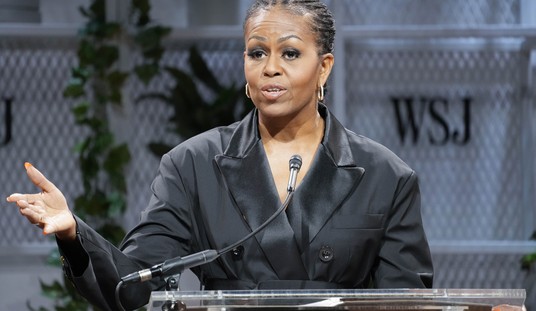Who knew Vladimir Putin worried about his legacy? On his last day as Russian president, the US and Russia will sign an agreement which will open their commercial nuclear markets to each other after months of negotiation. Some in Congress oppose the deal, but will they have enough votes to reverse it?
Russia and the United States will sign a long awaited civilian nuclear cooperation pact on Tuesday that will allow firms from the world’s two biggest atomic powers to expand bilateral nuclear trade significantly.
The deal will be signed in Moscow on the last full day of Vladimir Putin’s presidency, a Russian official said on condition his name was not used.
The deal will open up the booming U.S. nuclear market and Russia’s vast uranium fields to firms from both countries. Without a deal cooperation was severely limited and required official consent.
“The potential value of this agreement is the value of all the contracts which could be signed between the two countries’ firms in the nuclear sphere, which is obviously billions of dollars,” a Russian source said.
At the 2006 Group of Eight summit in St Petersburg, U.S. President George W. Bush and Putin asked their governments to move forward on the deal but it has faced opposition from some U.S. congressmen because of Russia’s cooperation with Iran.
The timing for this agreement could be better. We’re trying to get Russia to end its nuclear assistance to Iran to keep the radical Islamist government from passing nuclear weapons to its proxy terrorist groups. Germany has already caught the Russians passing along banned technology to the Iranians. Unless the agreement includes stipulations to stop selling to Iran, this looks like a bad idea.
The Russians want access to the “vast” nuclear market in the US, but that sounds a bit optimistic. While the twin pressures of the oil markets and the global-warming hysteria should be driving massive construction of nuclear power plants, we haven’t seen much movement at all on nuclearization for electricity production in the US. Russian uranium could help fuel the reactors, but unless Congress acts to alleviate the licensing process, we won’t have a need for Russian imports in the next several years.
So what’s the point of this agreement? For Russia, it helps open the EU market, where nuclear power has a more rational place in national energy policies. For the US, it does almost nothing except give Russian clients access to a wider set of technologies, including Iran. Congress should take a very close look at this agreement when it has its first opportunity.








Join the conversation as a VIP Member